Move to Costa Rica: All You Need to Know!
Welcome to Costa Rica, a country known for its vibrant lifestyle, sustainable practices, and eco-living opportunities. If you’re considering making a move to this beautiful nation, we have all the information you need to know about buying property in Costa Rica. From lifestyle choices to legal considerations, we’ll cover it all. So, let’s dive in and discover the pura vida of Costa Rica.
From Packing to Paradise
Compare up to 6 trusted movers, receive personalized expat support, and make Costa Rica your new home.
Get Your Free Moving Quotes
Making the Move to Costa Rica:
Moving to Costa Rica is an exciting adventure, but it’s essential to be well-informed and prepared. From understanding the legalities of property purchase to navigating tax regulations and shipping logistics, having the right knowledge and professional guidance is crucial. Consider partnering with a reputable real estate agency, tax consultant, and shipping service to ensure a smooth and successful transition to your new life in Costa Rica.
Lifestyle and Sustainable Living:
Costa Rica offers a unique lifestyle that combines natural beauty, outdoor adventures, and a focus on sustainability. With its abundant biodiversity and commitment to conservation, the country is a haven for eco-conscious individuals. Experience the “pura vida” way of life, which translates to “pure life” and represents the relaxed and optimistic attitude of the locals. From exploring national parks to engaging in outdoor activities like surfing, hiking, and zip-lining, Costa Rica offers a plethora of opportunities to embrace an active and fulfilling lifestyle.
Pharma-culture and Green Living:
Costa Rica is renowned for its “blue zones,” regions where people live exceptionally long and healthy lives. The country’s commitment to organic farming, access to fresh and nutritious food, and a balanced lifestyle contribute to these blue zones. Embrace the pharma-culture of Costa Rica by exploring its vibrant farmer’s markets, organic food options, and traditional herbal remedies. Adopt green living practices by reducing your ecological footprint, utilizing renewable energy sources, and engaging in recycling and waste management initiatives.
Buying Property: Corporation or Personal Name?
When purchasing property in Costa Rica, you have the option to buy it either through a corporation or in your personal name. However, there are no fiscal benefits associated with acquiring property through a corporation compared to buying it under your personal name. The decision between these options is a personal one, driven by privacy and practical reasons. The cost of constituting a corporation varies but is generally around $700.00 USD.
Tax Considerations:
If you purchase property through a corporation, the tax declaration in the USA will vary depending on your tax consultant’s criteria. The Costa Rican corporation can have the expense of the purchase, the funds can be put into the corporation as a capital contribution, or the property can be contributed to the corporation. Consult your tax consultant to determine the most suitable way to report the expense.
Closing Costs and Taxes:
Closing on a property in Costa Rica involves various costs. Escrow services, which facilitate the closing process, have associated fees depending on the agent and the purchase amount. Additionally, Costa Rican law mandates that property purchases be made in the presence of a Notary Public, who is responsible for paying taxes and fees on the purchase. The exact costs can vary, but it’s essential to budget for these expenses.
Property Title and Security:
In Costa Rica, property purchases are made in the presence of a Notary Public. The Notary Public verifies the authenticity, ownership, and legality of the purchase. While it is not common practice to insure the purchase process, working with a reputable real estate agency and engaging legal services can provide an additional layer of security.
Maintenance and Taxes:
Property owners in Costa Rica are responsible for paying local government land taxes and, if applicable, trash collection fees. The amount of land tax depends on the property’s valuation, which may differ from the purchase price. Additionally, if the property is part of a condominium, there are usually homeowners.
Car and Household Shipping:
If you plan to bring your car or household items to Costa Rica, there are regulations and procedures to follow. Costa Rica allows the importation of used vehicles, but they must meet specific requirements, including emission standards and age restrictions. It’s advisable to work with a reputable shipping company that specializes in international relocation to ensure a smooth and hassle-free process.
When shipping your household items, you’ll need to provide a detailed inventory and comply with customs regulations. Import taxes and duties may apply, and it’s essential to be aware of the specific regulations and associated costs. Consulting with a professional shipping agent or relocation service can help navigate through the process and ensure compliance.
Tax Regulations:
As a property owner in Costa Rica, you’ll be subject to various taxes. Apart from land taxes, which are paid to the local government, there are other taxes to consider. Corporations in Costa Rica have a fixed yearly tax of approximately $200.00 USD. Income tax rates for active corporations range from 10% to 30% of gross income, depending on invoiced amounts. Passive corporations are not required to file for income tax.
It’s important to note that there are no legal ways to avoid paying taxes in Costa Rica. However, with organized and effective accounting practices, it may be possible to reduce the amount of taxes owed. Compliance with tax regulations is crucial for both Costa Rican and U.S. citizens, as U.S. nationals are required to report all earnings and taxes paid abroad.
